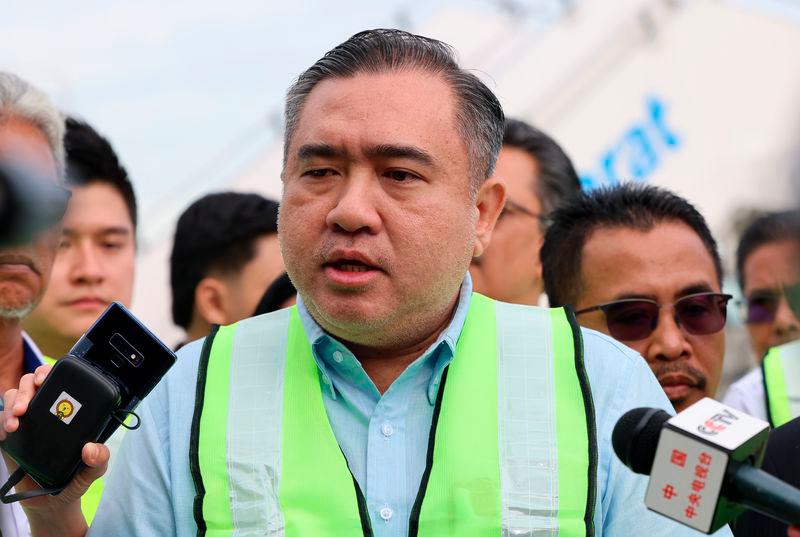KUALA LUMPUR: A total of 181 Return to Chock (RTC) incidents involving Malaysia Airlines (MAS) aircraft have been recorded so far this year.
The Ministry of Transport (MOT) reported that within the same period, there were 18 Air Turn Back (ATB) incidents, where MAS aircraft were forced to return to the airport after takeoff. This compares to 248 RTC incidents and 13 ATB cases last year.
RTC refers to situations where the aircraft is directed to return to the parking position due to issues before takeoff, while ATB refers to situations where the aircraft turns back to the original airport after takeoff.
“These incidents are usually caused by emergencies or abnormal situations, such as engine failure, technical issues, or medical emergencies,” the ministry said in a written response to the Dewan Rakyat.
The clarification was in response to a question from Shaharizukirnain Abd Kadir (PN-Setiu) regarding the MOT’s strategy to ensure proper maintenance of MAS aircraft and an explanation of the factors contributing to technical issues.
The MOT revealed that the Civil Aviation Authority of Malaysia (CAAM) conducted a surprise investigation into Malaysia Airlines Berhad (MAB), including MAB Engineering Services (MABES), which is responsible for aircraft maintenance, from June 24 to 28.
The investigation found that possible mechanical component issues and a shortage of skilled labour were significant contributors to MAB’s technical incidents.
“MAB’s corrective actions include implementing a mitigation plan to enhance aircraft safety to a heightened level of vigilance, ensuring a focus on aircraft reliability.
“In addition, MAB is in the process of procuring new aircraft and ensuring sufficient availability of planes to meet scheduled flight demands,” the statement added.
To strengthen aircraft maintenance, it said MAB had taken proactive measures, such as temporarily cancelling certain domestic and international flight routes to ensure the long-term durability of aircraft and operational robustness.
MAB has also conducted a thorough investigation into ongoing technical issues, identifying and rectifying root causes, and enhancing maintenance protocols to ensure compliance with safety standards.
Furthermore, MAB is focusing on improving training and hiring to address the increasing demand and complexity of modern aircraft.
Meanwhile, the ministry said that based on the latest audit by CAAM, the renewal period for the Air Operator’s Certificate (AOC) for MAB had been shortened from three years to one, effective from Sept 1 to Aug 31, 2025.
The ministry added that airlines would now undergo more frequent audits before their AOC was renewed.
“This will ensure that MAB remains alert and takes the necessary improvement actions as outlined in CAAM’s mitigation plan,” it said.









